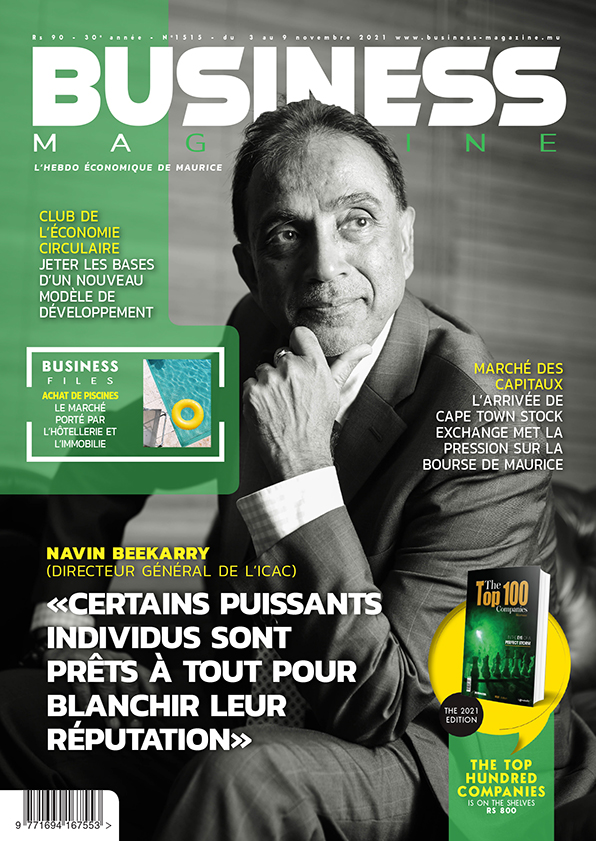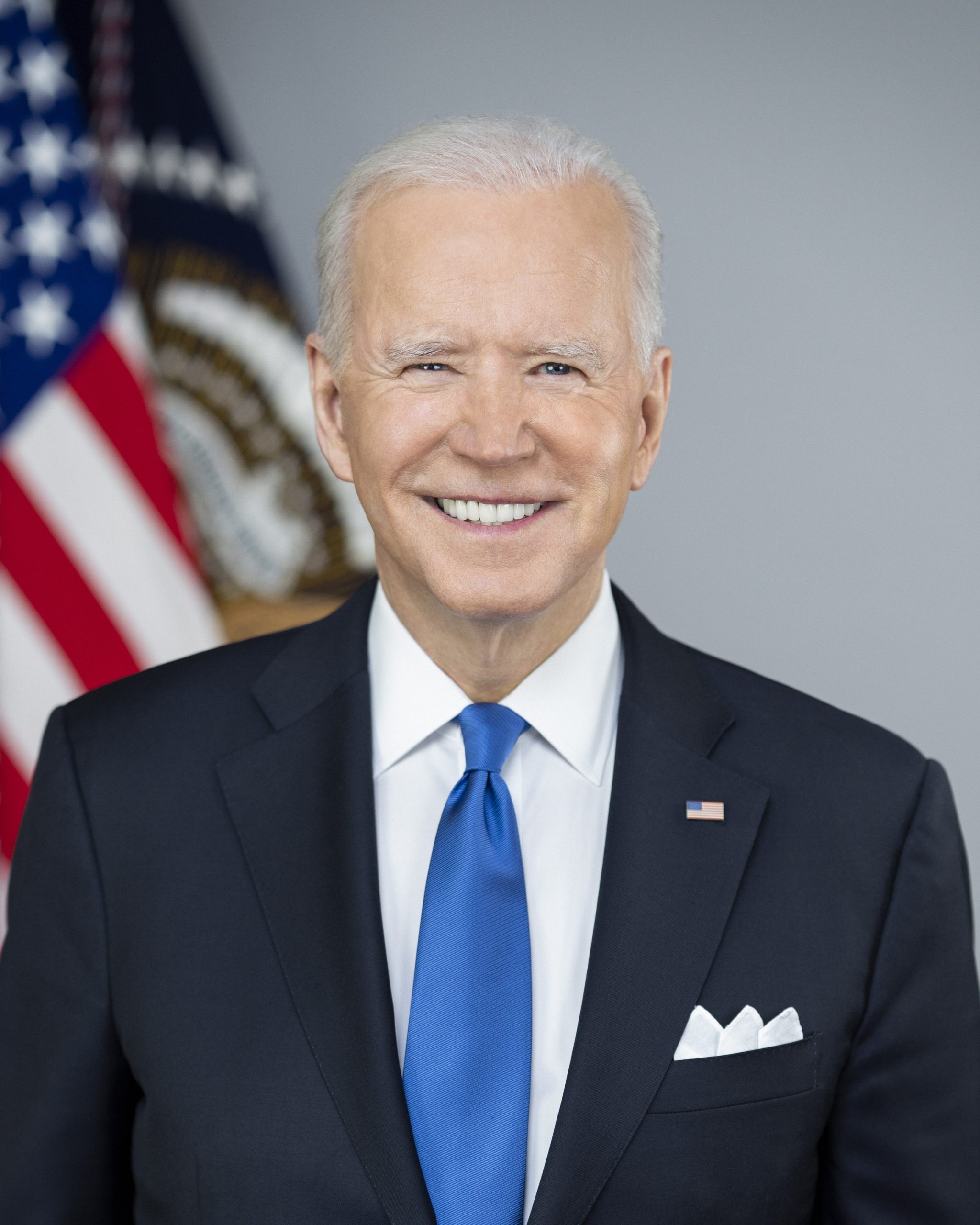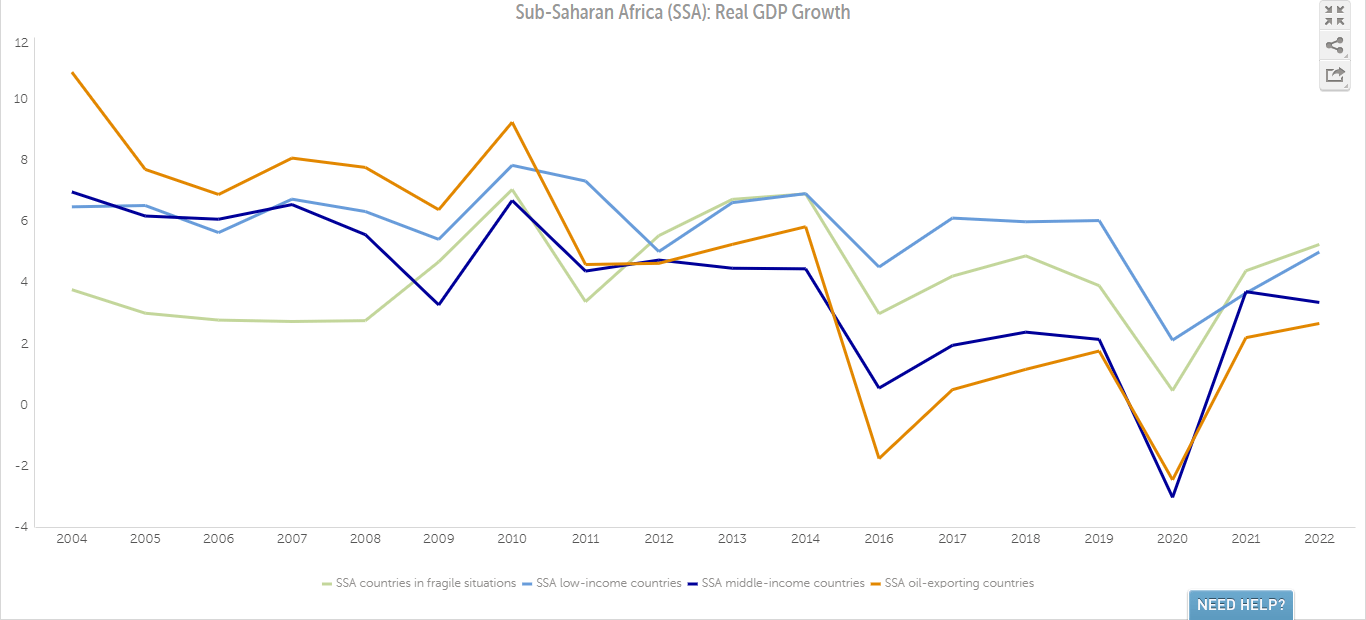Nigeria, opportunities galore with a pinch of caution
Share

Urban, teeming and promising, Lagos, Nigeria’s largest city and one of Africa’s major financial centres, has a lot to offer in terms of business and development opportunities; at the risk of certain roadblocks however.
“A trip to Boko Haram land? Surely you are going to die!” That was the general sentiment of my entourage upon learning that I had been selected for the coverage of a conference in Nigeria, Africa’s second biggest economy according to the International Monetary Fund’s data, a title sadly overshadowed by more negative events.
When opportunity knocks at your door, you answer. And so on October 27, I found myself on a connecting flight to Lagos, Nigeria’s port city via Johannesburg, South Africa, ready to learn more about the future of entrepreneurship in Africa at the Tony Elumelu Foundation (TEF) Entrepreneurship Programme, which was held on October 28 to 29. Mood check: positive and eager with a tad of apprehension.
I always find that the experience of being in a new country to be humbling. It implies taking yourself out of your comfort zone to adapt to new mannerisms, cultures and food, no matter for how short a period of time. There is something incredibly liberating about finding yourself in unknown territory. It always leads to a good learning experience, if nothing else.
Getting through the visa upon arrival procedures (an exception for TEF attendees since visa is required for entry into Nigeria for several countries) at the Murtala Muhammed International Airport, Lagos, proved to be one such experience. The inefficiency of the officers made me realise the roadblock that visas can present themselves to be, which to me partly explains the bare presence of Mauritian investors/businesses in Nigeria. The airport in itself is in severe need of renovation and upgrading to do justice to the economy’s potential.
Two hours later, I got my first peek of Lagos basked in streetlights – urban, not too polluted and bordering the Atlantic Ocean. First observation: people drive on the right side of the road over there. Second observation: prostitution is a generally accepted illegality in Lagos, the road leading to the Nigerian Law School, the conference venue, was laden with sex workers at night in spite of the presence of police patrols nearby. However, as I say to myself time and again, a book should never be judged by its cover and I was curious to see what Lagos had to offer in daylight. Language is not a barrier in Nigeria since English is the official language of the country, while Hausa, Igbo and Yoruba are the other major ones.
My first day in Lagos was spent largely at the conference, learning about the entrepreneurship and rubbing shoulders with fellow journalists from all around the world and brilliant, inspiring entrepreneurs from all over Africa. Lunch was an authentic Nigerian cuisine experience consisting of beans porridge with fried (sweet) plantains. Late afternoon, journalists headed out to the city centre where a media mixer was being hosted by United Bank for Africa (UBA). Lagos tends to remind of Bangalore, India, with the same density of traffic jams and architecture in crowded areas and Tuk-Tuks (auto rickshaws) being used as a common means of transport. Balogun Market, located close to UBA House, will easily remind you of bustling Commercial Street, Bangalore, with its variety of shopping options and ethnic wear and accessories.
The easiest way that Lagos chooses to distinguish itself however is through its port and port infrastructure, which extends over kilometres and over 120 hectares of land, a temporary abode for hundreds of cargo ships. The African continent always finds its own way to remind you of its brimming potential and awakening to global economic flows. Lagos’ port, I believe, is Nigeria’s window to its own potential, in spite of the poverty among certain strata of the population and the current unfavourable exchange rate of the Naira (Nigerian money) vis-à-vis established currencies.
Uber, a widely used service in Lagos
Day 2 in Nigeria was more eventful. Together with my flatmate Alexandra, a journalist from the US, I opted for lunch at Coral Blue Seafood Restaurant, Victoria Island, both of us determined to have a hearty meal. We rapidly got there thanks to Uber – a widely used service in Lagos, which gives an indication of the advanced stages of development the country is reaching. Coral Blue Seafood Restaurant does justice to its name: the seafood platter we ordered tasted fresh and was appetising, to say the least. We hitched a Tuk-Tuk ride to return back to the conference, where entrepreneurial spirit was at its peak with a panoply of motivational speakers and success stories. Evening time was another affair altogether, with entrepreneurs and journalists shedding off their business caps to simply turn into fans of good music at a concert by none other than duo P-Square themselves organised specially for the TEF conference! Verdict: they are just as good singers and performers as they demonstrated in their music videos.
Day 3 was a rushed affair and I was determined to make the most of my free time before my evening flight. Balogun Market is sadly closed on Sundays and hopes of shopping for cheap and authentic Nigerian goodies were sadly crushed. Rebecca, a fellow journalist from France and I thus opted to hit The Palms Shopping Mall in Lekki, to get a taste of Nigerian retail culture. Shopping was a fun but meagre affair owing to lack of variety, in spite of the spot being the first of its kind in Nigeria and the second largest mall by leasable area in Lagos – again highlighting the opportunities for development in the property and retail arena over there. Heads up: arm yourself with lots of cash if you plan to shop in this country, since there is a general aversion to and refusal of international credit cards in the majority of shops.
How much of a country can you soak in in three days? Several of my fellow journalists including myself left Nigeria with an unexpected sentiment of sadness, of too little time together, of not enough days to really steep ourselves into Nigerian culture and what it has to offer. We never expected to have such a good (and safe) time in a country victim of prejudiced reputation due to terrorism or that saying ‘Ekaro Lagos’ (Good morning Lagos in Yoruba) would bring such good tidings. Lesson learnt? Open-mindedness, humility and making the most of out all situations are important life tools, especially when you are blessed to be a soul of the most criticised yet dynamic professions of all: journalism. Odigba, Lagos! (Until we meet again, Lagos!)









